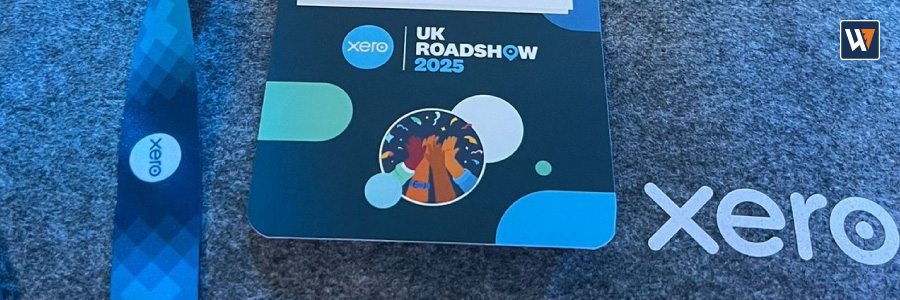New Tax Year, New Rules For The Self Employed
 22nd June 2024
22nd June 2024
From 6th April 2024 HMRC want to encourage more of the self employed to use the cash basis when completing their accounts and self-assessment tax returns.
The new cash basis from 6th April 2024 will mean:
- The cash basis will be the default, with an opt-out for those wishing to use the accruals basis.
- The previous cash basis turnover threshold of £150,000 will be removed entirely, so even the largest self-employed businesses can use the cash basis.
- Previous cash basis restrictions on interest deductions and loss relief under the cash basis will be removed. (see below)
- Previous cash basis restrictions on loss relief under the cash basis will be removed to allow opening years, sideways capital gains set off.(see below)
But is this the right decision for your business?
The benefits under the new cash basis are:
- You can move back and forth to the cash or accruals basis.
- Businesses that currently use the cash basis were unable to deduct more than £500 in interest costs from their taxable profits each year.
- This measure removes this interest restriction entirely, allowing businesses that use the cash basis to deduct any amount of interest that is incurred wholly and exclusively for the purposes of the trade.
- This aligns the cash basis and accruals basis rules on interest deductions.
- Businesses that currently use the cash basis were restricted in the loss relief that they are able to benefit from for losses that are generated in the cash basis.
- Previously, losses generated in the cash basis were only able to be carried forward and set against future profits from the same trade or used when the business ceased trading. This measure removes this restriction, allowing cash basis losses to be used in the same way as accruals basis losses.
- If you have more than one self-employment you no longer need to use the cash basis for all your businesses, you can decide for each trade individually.
- The tax is deferred on late paid sales (assuming timely expense payments)
The disadvantages in using the new cash basis are:
- Accruals accounting provides a truer picture of the profitability and position of a business and is often required by banks, lenders and other financial institutions.
- The accruals basis is more suitable for seasonal or fluctuating businesses.
- The accruals basis is more suitable for businesses that have high values of stock.
- The accruals basis is likely to be much more suitable for larger businesses.
- If you prepare management accounts for your client to track performance and debtor/creditor positions, switching to cash basis would make this less reliable.
- If your client’s business sells stock, accrual basis accounting is required to align revenue with the related expenses, and track margins etc
- The accruals basis is likely to be much more suitable where you need an accurate picture of financial performance over specific periods.
- Under the cash basis accounting method, Capital Allowances cannot be claimed for expenditure on plant and machinery used for trade purposes but instead, the actual cost of qualifying plant and machinery is deducted when it is paid.
Cars are an exception to this rule and remain eligible for Capital Allowances, meaning their cost can still be claimed as a deduction.
- Farming and creative businesses with a section 221 ITTOIA profit averaging election are ineligible to use the cash basis
What may seem a simplification of the tax system, clearly needs some careful consideration.
Get in Touch
If you are self-employed and have any concerns about the new cash basis, please speak to your usual contact at Whitings or please contact your local Whitings LLP office today.
Disclaimer - All information in this post was correct at time of writing.








